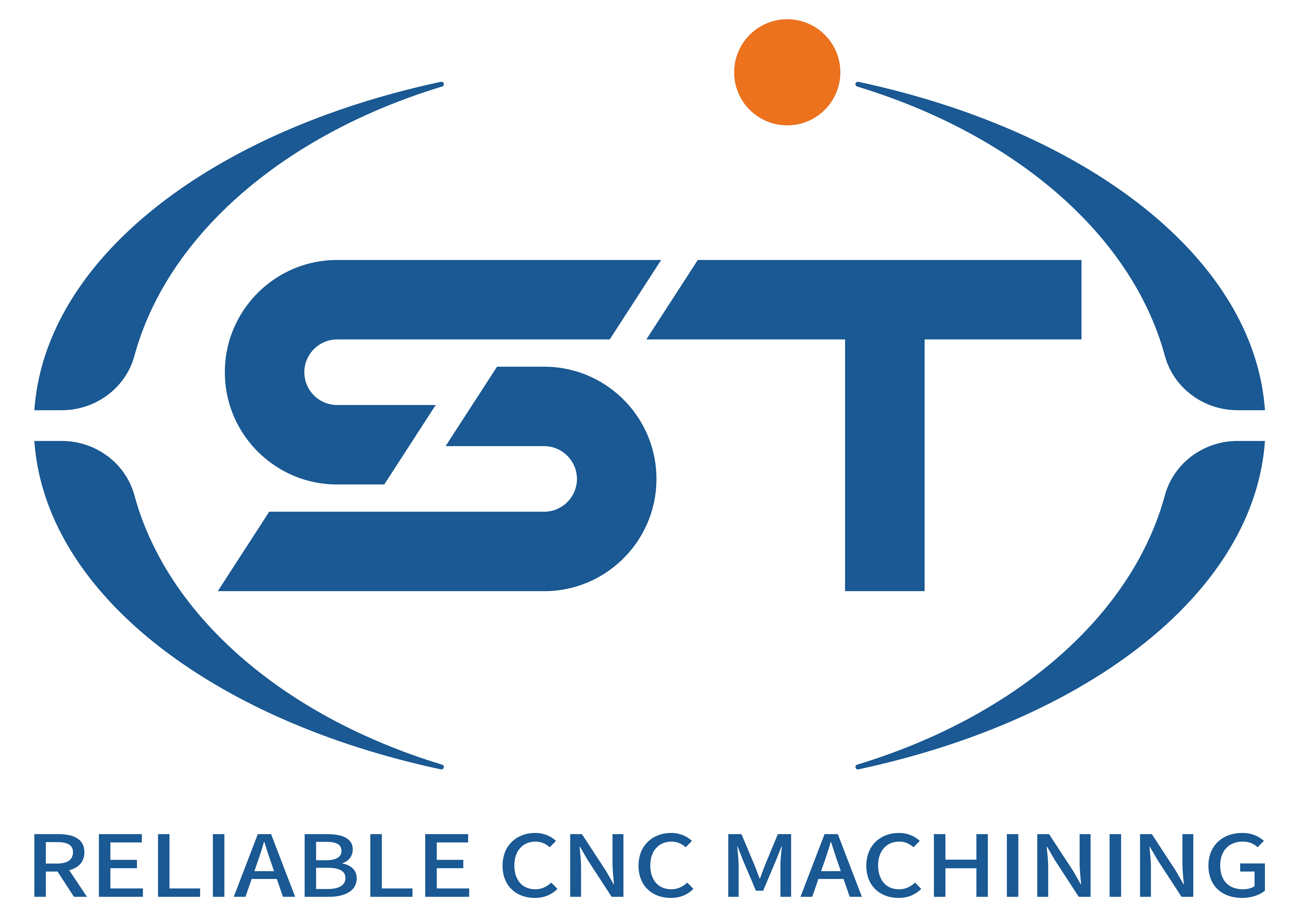Applications of CNC Machining Centers in Service-Oriented Manufacturing
CNC machining centers have become indispensable in modern service-driven manufacturing, offering unparalleled precision, flexibility, and efficiency across diverse industries. These advanced systems integrate multi-axis capabilities, automated tooling, and real-time monitoring to streamline production workflows while meeting stringent quality standards. Below, we explore how CNC machining centers are transforming service delivery in key sectors.
Table of Contents
Toggle1. Rapid Prototyping and Custom Component Production
Service providers leveraging CNC machining centers excel at delivering customized solutions with minimal lead times. Unlike traditional methods, these systems can transition from digital design files to physical parts in hours, enabling rapid iteration and validation for clients in automotive, aerospace, and consumer electronics.
- Design Iteration Speed: Engineers can modify CAD models and re-machine parts within the same day, accelerating product development cycles. This agility is critical for startups or R&D teams needing to test multiple design variations before finalizing specifications.
- Complex Geometry Handling: Multi-axis machining centers produce intricate shapes, such as undercuts, helical grooves, or organic contours, that would be impractical with manual tools. This capability supports industries like medical devices, where implantable components demand biocompatible materials and precise tolerances.
2. On-Demand Manufacturing for Low-Volume Production
CNC machining centers are ideal for service bureaus catering to low-to-medium volume orders, eliminating the need for expensive molds or dies associated with injection molding or die-casting. This on-demand model reduces inventory costs and enables clients to scale production dynamically based on market demand.
- Just-in-Time Flexibility: Manufacturers can prioritize urgent orders without disrupting ongoing projects, thanks to the rapid setup and tool-changing features of modern CNC centers. For example, automotive suppliers use these systems to produce limited-edition parts or replacement components for classic vehicles.
- Material Versatility: From metals like aluminum and titanium to engineering plastics and composites, CNC machining centers adapt to diverse material requirements. Service providers can offer clients a wider range of options without investing in specialized equipment for each material type.
3. High-Precision Machining for Critical Industries
Industries such as aerospace, defense, and energy rely on CNC machining centers to produce components with micron-level accuracy and repeatability. These systems maintain consistency across large production runs, ensuring compliance with international standards like AS9100 or ISO 13485.
- Tight Tolerance Control: Advanced CNC controllers adjust cutting parameters in real time to compensate for thermal expansion or tool wear, maintaining dimensional accuracy even during extended operations. This is vital for safety-critical parts like turbine blades or surgical instruments.
- Surface Finish Optimization: Fine-tuning spindle speeds and feed rates allows machining centers to achieve mirror-like finishes or textured surfaces as required by the application. Optical and semiconductor industries benefit from this precision when manufacturing lenses or wafer handling components.
4. Integration with Industry 4.0 Technologies
Modern CNC machining centers are evolving into smart factories by incorporating IoT sensors, cloud connectivity, and AI-driven analytics. This digital transformation enhances service transparency, enabling clients to track production progress remotely and receive real-time updates on quality metrics.
- Predictive Maintenance Alerts: Sensors monitor machine health indicators like vibration, temperature, and lubrication levels, alerting technicians to potential issues before they cause downtime. This proactive approach minimizes disruptions in service delivery.
- Data-Driven Process Optimization: Cloud platforms aggregate production data from multiple CNC centers, allowing service providers to identify bottlenecks, reduce cycle times, and optimize resource allocation. Clients gain insights into cost drivers and sustainability metrics, such as energy consumption per part.
By embracing these applications, CNC machining centers empower service providers to differentiate themselves through speed, quality, and adaptability. Whether supporting rapid prototyping, low-volume production, or mission-critical manufacturing, these systems remain at the forefront of innovation in service-oriented industries.




